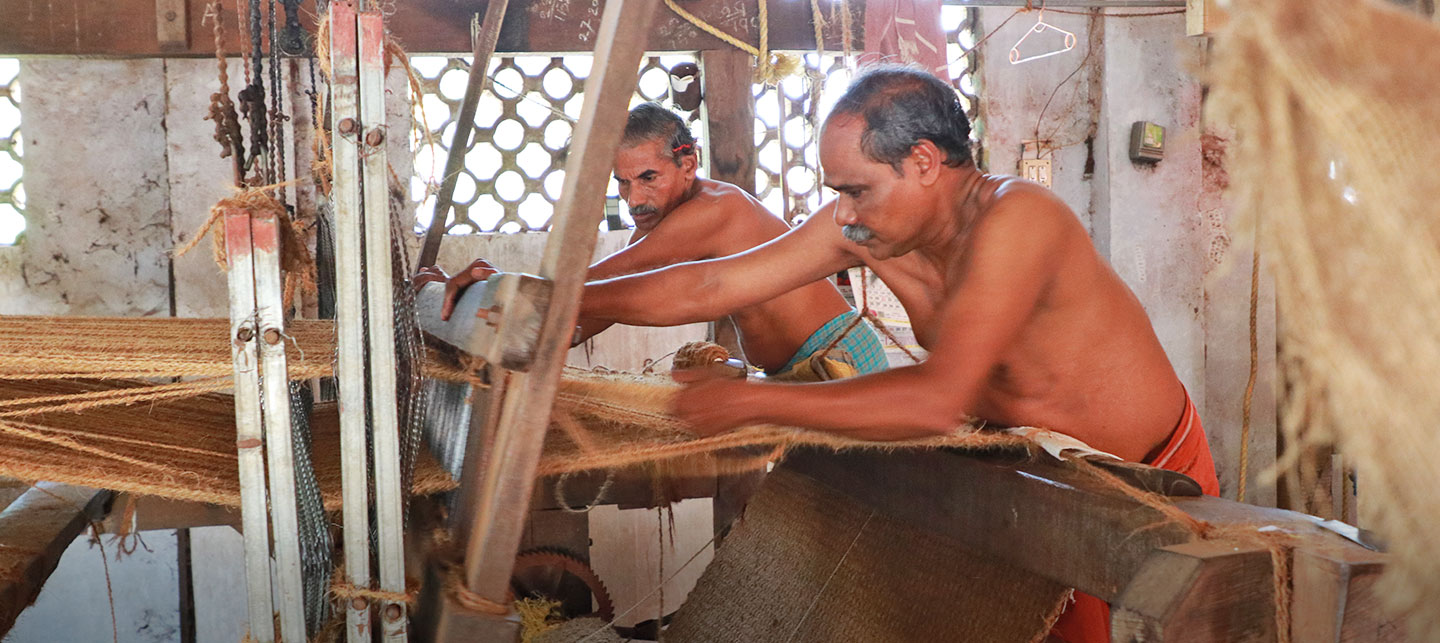Blacksmithing Experience
Experience the heat, hammer, and heritage of Kerala’s traditional blacksmiths, crafting tools that shape the land
In the districts of Kasaragod, Kannur, Wayanad, and Palakkad, blacksmithing has long been a traditional livelihood, deeply woven into the fabric of rural life. For centuries, skilled blacksmiths have crafted essential tools and implements vital to agriculture and daily living, preserving a rich heritage of craftsmanship passed down through generations.
Visitors to these regions can witness the blacksmith’s art firsthand — from the glowing furnace where iron is heated, to the rhythmic hammering that shapes sturdy sickles, ploughs, knives, and spades. In Kasaragod and Kannur, the focus is on tools that support farming, while in Wayanad, blacksmiths create specialized hunting knives and machetes for plantation and forest use. Palakkad’s artisans are renowned for crafting implements tailored to rice cultivation and processing, reflecting the region’s agrarian identity.
This experiential travel program offers guests a rare chance to engage with blacksmiths, learn about their traditional techniques, and appreciate the skill and precision involved. Beyond tool-making, visitors can explore how artisans have diversified into decorative ironworks—gates, grills, and household ornaments—blending utility with artistry.
By supporting these blacksmith communities, travelers contribute to the preservation of an ancient craft that sustains local livelihoods and Kerala’s cultural heritage. Cooperative initiatives and government programs help artisans modernize and expand their markets, ensuring that blacksmithing continues to thrive.
Whether you’re a history enthusiast, a lover of traditional crafts, or simply curious about rural life, the blacksmith experience offers an enriching glimpse into the resilient spirit of Kerala’s farming communities and their enduring connection to the land.

